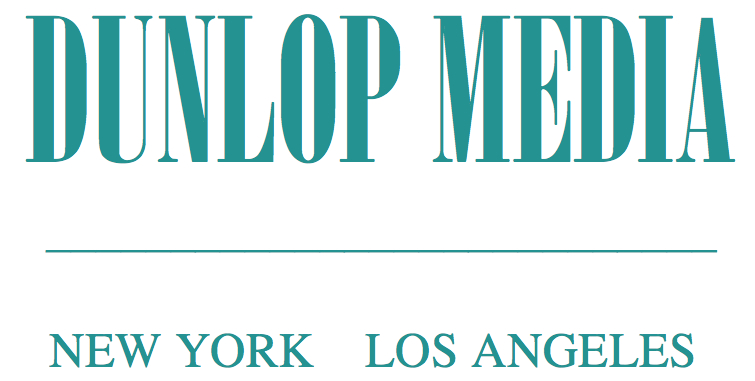It may not be front and center among life's concerns, but we've all wondered if it could happen to us. Could we be yanked out of our normal workaday routine at a moment's notice and find ourselves in the center of a transcendent crisis that define's our company's future - our industry's - or perhaps our own?
Harold Denton (left) tours the Three Mile Island facility with President Jimmy Carter, April 1979. Public domain photo courtesy Wikipedia.
It happened to Harold Denton. In the late 1970's, he ran an obscure federal agency responsible for the inspection and licensing of nuclear power reactors. Then, on March 28, 1979, came the partial meltdown at the Three Mile Island plant near Harrisburg, Pennsylvania. It remains the worst nuclear accident in American history.
Denton passed away last month at the age of 80, and the resulting coverage made a new generation aware of his calm, steady leadership in a near disaster. Courtesy The Washington Post.






















